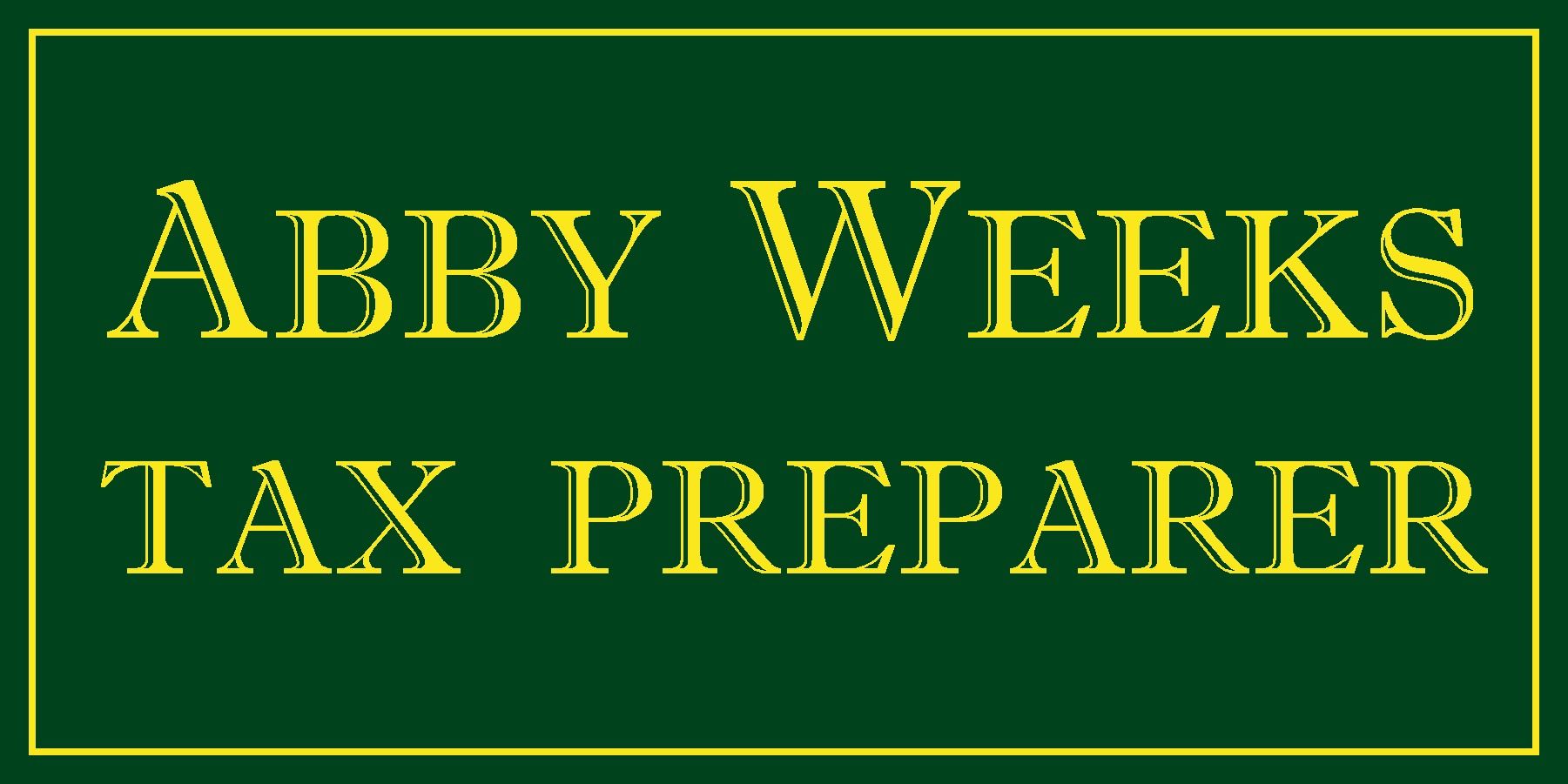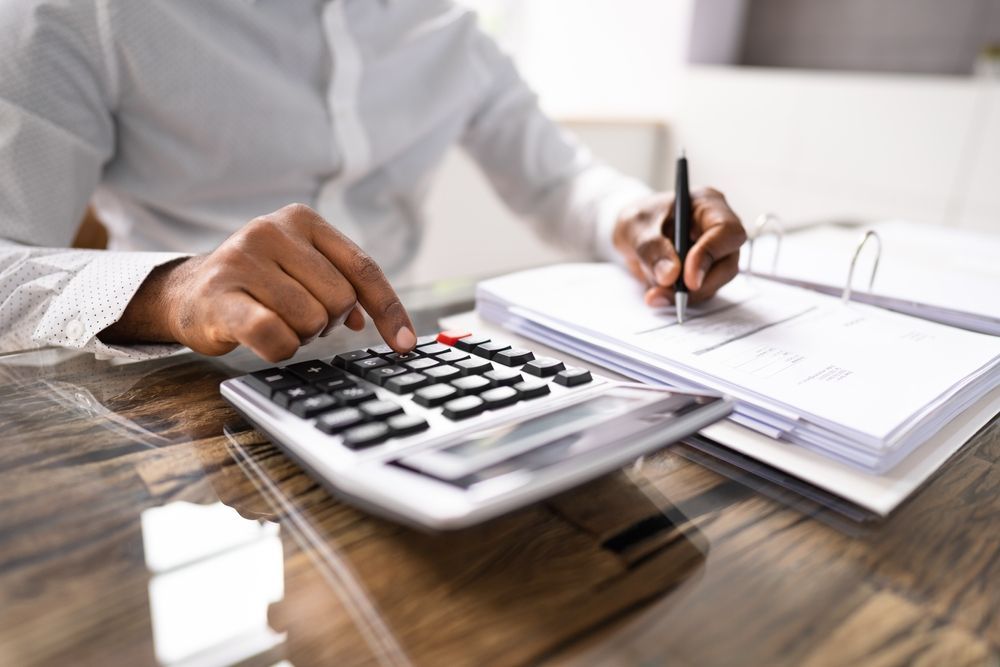Sole Proprietorship Tax Preparation: Essential Insights for Sole Proprietors and Landlords
Managing tax preparation as a sole proprietor or landlord involves understanding the unique tax regulations that apply to your specific situation. Whether you are operating as an independent contractor, running a small business, or managing rental properties, effective tax preparation is key to reducing liabilities and maximizing potential returns. With the right strategies and knowledge, you can navigate tax season with confidence and ensure compliance with applicable tax laws.
Sole Proprietorship Tax Preparation: Identifying Key Deductible Expenses
One of the most significant advantages of tax preparation for sole proprietors is the ability to deduct various business expenses. These deductions can drastically reduce taxable income, helping you keep more of what you earn. Whether you're managing your business from home or working as an independent contractor, it is essential to understand which expenses are eligible for tax deductions.
Home Office Deductions for Sole Proprietors
If you work from home, you may be eligible for a home office deduction. To qualify, your workspace must meet the IRS's criteria for exclusive and regular use. This means that the space must be used solely for business purposes, not for personal use. You can deduct a percentage of your home’s total square footage based on the size of your office space. Additionally, other home-related expenses, such as utilities and property insurance can also be partially deducted based on this percentage.
Travel and Meal Deductions for Independent Contractors
As an independent contractor, you are likely required to travel for business purposes. Keep track of all travel-related expenses, including transportation, accommodation, and meals. These expenses are generally deductible as long as they are directly related to your business activities. When it comes to meals, only 50% of the cost is typically deductible, so it is crucial to keep detailed records of the dates, locations, and business purpose of each meal.
Looking to maximize your sole proprietorship deductions? Contact me today to speak with an expert who can help you reduce your tax liability and maximize savings!
LANDLORD TAX PREPARATION
Landlords also have unique tax preparation needs. Rental properties provide opportunities for significant deductions that can reduce taxable income and improve your bottom line. Understanding these deductions is crucial for landlords looking to optimize their tax returns.
Property Maintenance and Repairs
As a landlord, you can deduct the cost of property maintenance and repairs necessary to keep your rental properties in good condition. This includes expenses for routine repairs, such as fixing leaks, replacing broken windows, or repainting the property. However, it’s important to distinguish between maintenance (deductible) and improvements (which may need to be capitalized and depreciated over time).
Depreciation of Rental Properties
Depreciation is a powerful tool for landlords. This allows you to spread out the cost of a property over a number of years. The IRS offers several methods for depreciating property, with the Modified Accelerated Cost Recovery System (MACRS) being the most common. By claiming depreciation, you can reduce taxable income and, in turn, reduce your overall tax liability.
WHEN YOU LIVE IN PART OF THE RENTAL PROPERTY
Special considerations apply when a property is partly rented out and partly personal-use. Expenses need to be appropriately allocated between your home and the rental. A tax professional can help you with the allocation.
As a landlord, you may be entitled to significant tax deductions. Get in touch with me to ensure you're maximizing your property-related deductions and minimizing tax liabilities!
Independent Contractor Tax Return: Key Considerations for Tax Season
As an independent contractor, your tax return process will be slightly different from that of a traditional employee. You are responsible for your own self-employment taxes, and proper planning can help you minimize your liabilities during tax season.
Self-Employment Tax for Sole Proprietors
Independent contractors, including sole proprietors, must pay self-employment taxes, which cover Social Security and Medicare contributions. Unlike traditional employees, independent contractors must pay both the employee and employer portions of these taxes. A key step in managing this responsibility is calculating estimated quarterly tax payments. By setting aside a percentage of your income throughout the year, you can ensure you’re prepared to meet these tax obligations when due.
Keeping Accurate Records for Independent Contractors
Maintaining detailed records is crucial for independent contractors. I recommend keeping detailed records, using accounting software, or even hiring a bookkeeper to help track income and expenses accurately. Keeping track of your invoices, expenses, and business-related receipts will make the filing process much easier and reduce the risk of errors or audits.
Navigating self-employment taxes can be challenging. Contact me to schedule a consultation, and we’ll guide you through your independent contractor tax return to ensure accuracy and minimize liabilities!
FAQ Suggestions:
What Are the Key Deductions for Sole Proprietorship Tax Preparation?
Sole proprietors can claim deductions on home office expenses, travel costs, and business-related materials. Learn which expenses you can deduct to maximize savings.
How Do Landlords Maximize Tax Deductions for Property Maintenance?
Learn how to deduct costs related to property repairs, improvements, and management fees to reduce taxable income and enhance your cash flow.
What Is the Process for Filing an Independent Contractor Tax Return?
Independent contractors must file specific tax forms to report income and expenses. Discover how to prepare your independent contractor tax return and minimize taxes.
How Does Depreciation Affect Tax Returns for Landlords?
Depreciation can significantly reduce taxable income. Learn how to calculate depreciation for your rental property and maximize tax savings.

